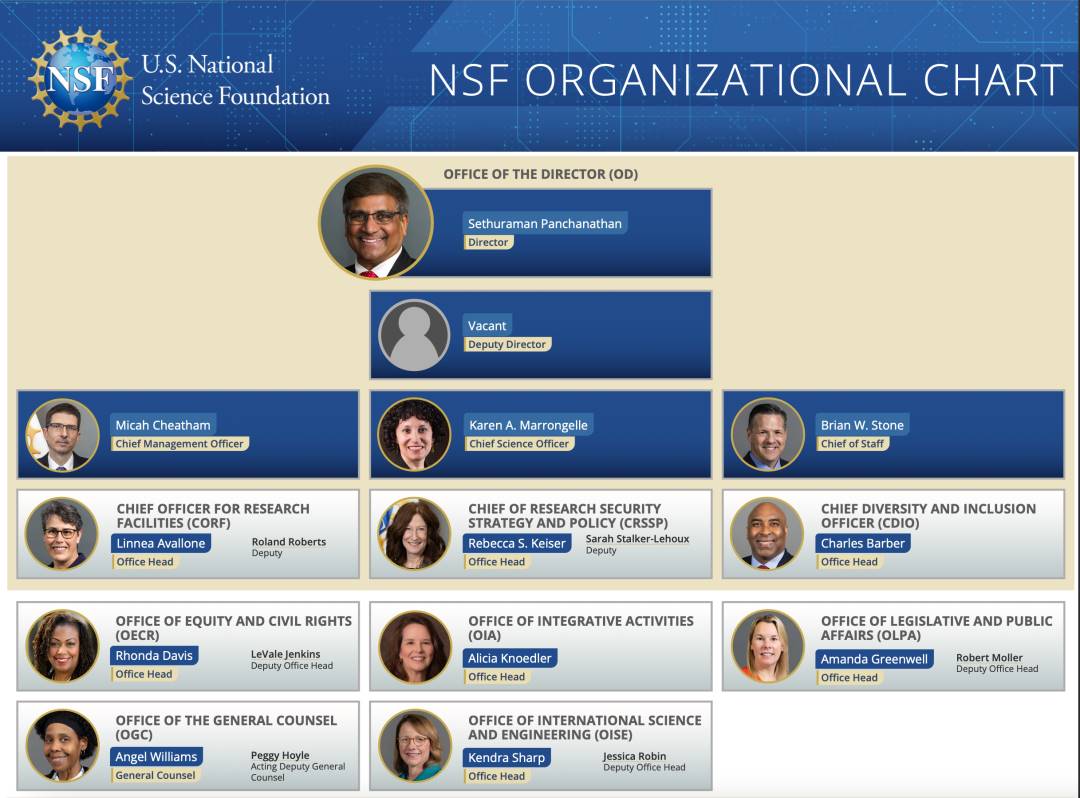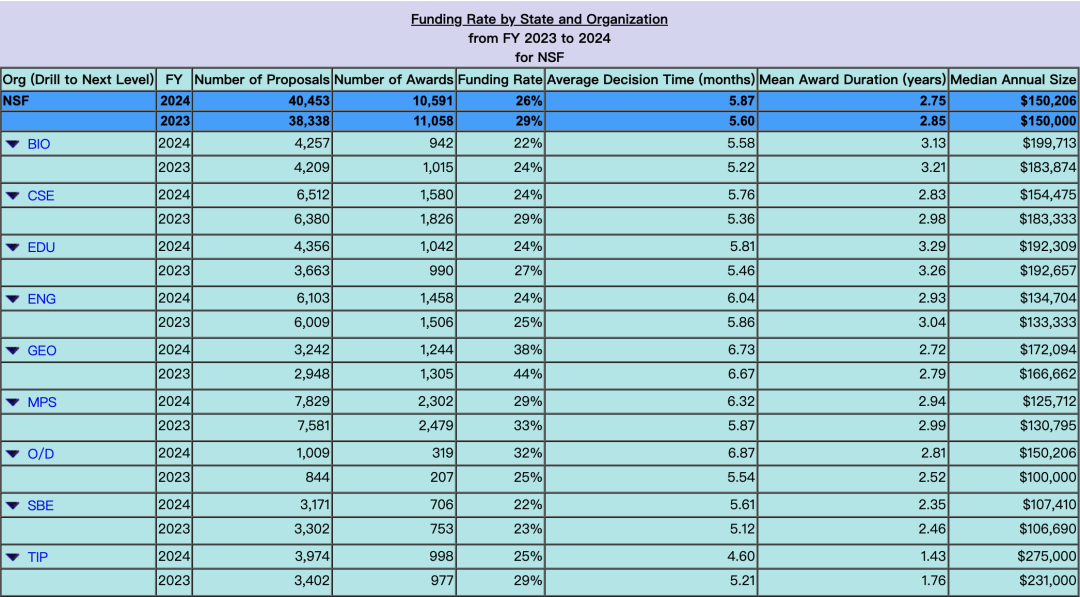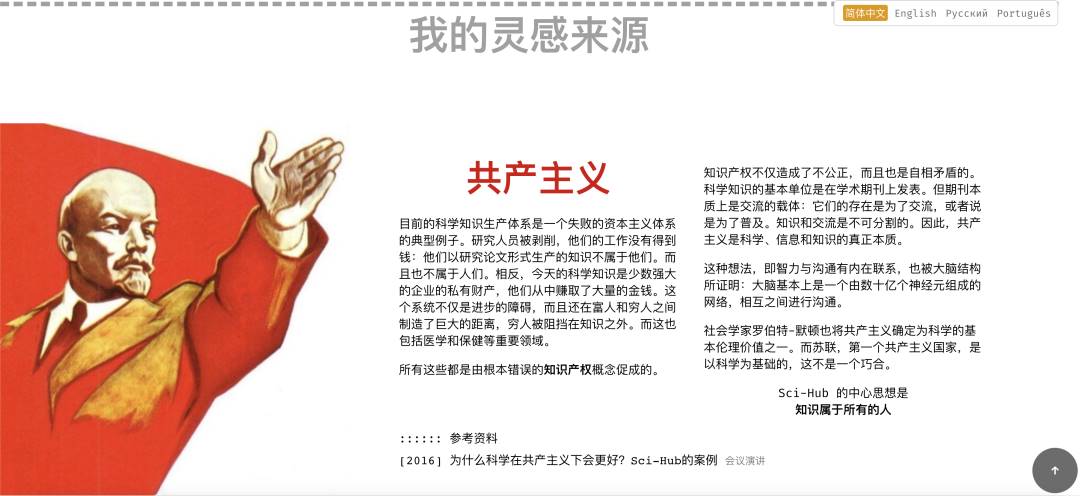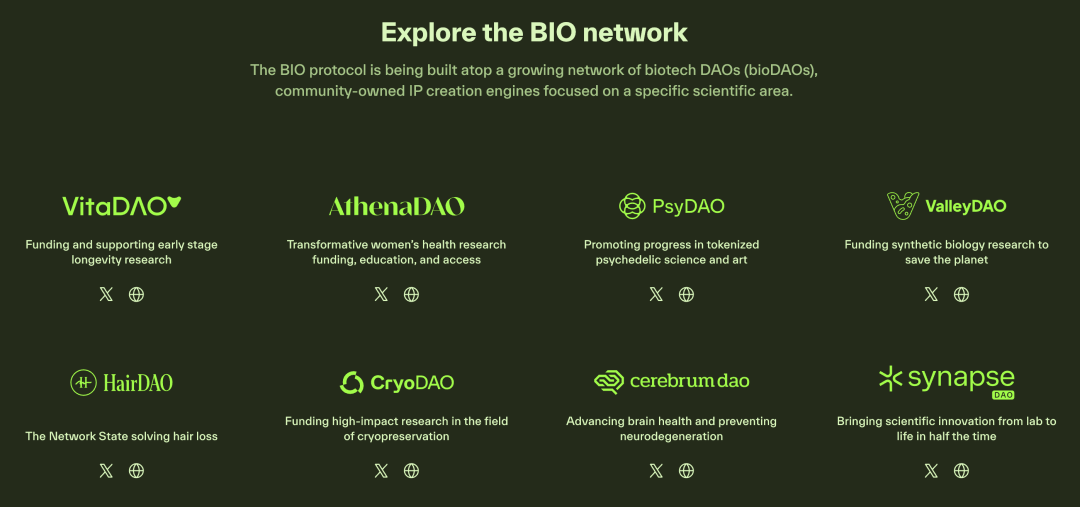Author: Zuoye
A new official takes office and starts three fires - Musk leads the IQ200s who work 80 hours a week for no pay to wield the "optimization and efficiency" sword at bizarre research:
Brown University spent $170,000 researching LGBTQ-related issues in China;
The University of Iowa spent $1.04 million on a DEI-related creative writing project;
All of the above are examples of various institutions in the US colluding to fleece the American sheep, and Musk himself is also being forced to be the fattened sheep, as after "switching" to Trump, he has frequently received investigations from various governments and environmental organizations in California.
For example, research on whether the recovery of starships will affect sharks in the sea, and if not, continue to test whales, and if the recovery is fine, then test whether the launch of starships will affect the hearing of seals.
Musk's response is quite that of an engineer - he instructed SpaceX employees to strap a seal wearing headphones during the starship launch, and finally used data to prove that this would not have a fatal impact.
All of the above actions, whether targeting his own starships or the university's research system, can participate in the "stupidest" expenditure competition, and the bizarre research of universities damages the taxpayers' trust in the government, while the targeting of himself is purely the ineffective spinning of capital.
In this sense, Musk naturally needs a new research system, and DeSci is also aimed at this.
Starting with Binance's strategic investment in the DeSci protocol Bio Protocol, the market has entered the FOMO stage for DeSci, and the longevity theme has also ignited people's attention to biomedical research. Could the 21st century really be the century of biology?
The Rigidity of the Research System
If the driving force behind people's purchase of DeSci-related MEME concepts is the love of wealth, then what current researchers in the field hope for is to be rescued from the academic bureaucracy and institutionalized research, and the first and foremost is the perpetual motion machine of funding-papers-titles.
Contrary to popular belief, scientific research, especially in science and engineering, is essentially a part of public service, and a large amount of basic research funding is distributed through the National Science Foundation (NSF), a government-controlled agency that maintains close ties with American universities and various laboratories.

(To be honest, Indians are doing much better than Chinese in this regard, as they directly manage the distribution of research funding instead of doing research.)
And most young faculty members need to apply for relevant funding in order to carry out corresponding recruitment and research work, so true innovation ends up becoming paper-based carving aimed at the NSF, with an average annual approval rate of less than 30% and a median research budget of around $150,000, which may seem not too low, but considering the scale of colleges and universities nationwide, this is still just a drop in the bucket.

Caption: NSF approval rate for fiscal year 2023 to 2024, image source: NSF
And in recent years, with the spread of DEI (Diversity, Equity, and Inclusion) culture, the NSF as a federal agency has also inevitably been affected, and in order to keep up with the general trend, a wave of the NSF's baton has led researchers to closely follow suit, hoping to publish more papers and thus obtain tenure professorships and other academic titles.
It is not difficult to find that this is just one version of the rigidity of the research system, and the more crazy one is the academic "hats" in China, which are derived from the NSF system in the US, but have developed into a clear hierarchy of research "nobility" on Chinese soil.
After the reform and opening up, we basically copied the NSF system and mechanism, and developed various types of academic informal titles such as academicians, Changjiang scholars, distinguished young scholars, and outstanding young scholars based on our own national conditions. On the one hand, they are not the official selection criteria for faculty titles, but are important reference standards; on the other hand, these hats are highly correlated with the "level" of the funds they receive, so under the baton of the paper stick, various academic practitioners are going crazy to water down their work, hoping to get a corresponding return on the expensive publication fees.
The Profit-Driven Academic Publishing Industry
It is understandable that the current DeSci concept has become popular to the point that Sci-Hub has become involved, but it is also unexpected.
In the "funding-paper-title" cycle mentioned above, papers are the direct proof of funding, because most basic research cannot be transformed into practical commodities, and the level of the journal a paper is published in is almost the only way to prove the effectiveness of the output, with Nature, Science and Cell being the first tier of impact factors. In the US, this is an important credential for Chinese international students to stay and advance, and in China, it is practically the fast track to becoming an academician.
But the problem is that the global academic paper industry is highly commercialized, with Springer, Elsevier, John Wiley & Sons, Sage Publishing, and Taylor & Francis Group accounting for more than 80% of the academic publishing market.
And the most interesting part is that scholars pay to publish articles in their journals, and their academic institutions also need to pay subscription fees to access the articles, so the monopoly of the channels has created the high profits of academic publishers, with Elsevier, for example, having a total revenue of 7.49 billion euros and a net profit of 1.96 billion euros in 2018, achieving a profit margin of 26%.
So the academic community has launched the Open Access (OA) movement to fundamentally change the current monopolistic state of academic publishing, but unfortunately, high-quality OA platforms are still traditional academic publishers, and they even charge "review fees or processing fees", for example, mainland Chinese scholars want to publish in the OA journal of Nature need to pay $5,000 first, which means that OA can be open to readers, but authors must pay.
And low-quality OA journals face the same predicament as the cryptocurrency market - the consequence of unmanaged chaos is an influx of inferior content, even directly stigmatizing the OA concept as a synonym for low-quality journals.
High quality comes with high fees, and low quality is just made up.
Sci-Hub is rampaging in this context - in 2011, Ms. Alexandra Elbakyan, a Kazakhstani born during the Soviet era, felt the shamelessness of academic journals and decided to put them online for free, and this is the whole story, a story almost synchronous with the birth of Bitcoin, a story about the love of wisdom and the love of freedom.

Caption: The inspiration for the founding of Sci-Hub
Image source: https://sci-hub.se/alexandra
In Alexandra Elbakyan's view, the intellectual property rights of research knowledge belong to all of humanity, and academic publishers should not use the excuse of operations to block the channels of knowledge dissemination. The use of Sci-Hub is extremely simple - just get the DOI number of the corresponding paper and you can get the full text with one click, skipping all the steps and allowing knowledge to return to its most authentic purpose.
The Current Frenzy of DeSci
The combination of MEME, Vitalik/CZ and the longevity concept has ignited the legend of the thousandfold token RIF and URO, and Pump.Science has also taken over the position of Pump.Fun in the jianghu, while Bio and its series of sub-DAOs have also received the extreme FOMO of hot money from the market.

Caption: BIO Protocol composition
Image source: https://www.bio.xyz
However, we need to be aware that most drugs take years, if not decades, to go from the laboratory to the market stage, which is indeed an example of the inefficiency of the existing research system, but does not mean that bypassing this process will accelerate the effective period of drugs.
Of course, in promoting the crazy research and development, cryptocurrencies do have unlimited potential, such as in the circle of the rich in Silicon Valley, injecting the blood serum of young people, targeted drug health products, and even blood exchange therapy, and the FDA (U.S. Food and Drug Administration) is also the most authoritative regulatory agency in the world. Some of the rich have invested in small countries like Thailand or Africa to bypass them and accelerate the drug launch process. Hao Jiankui's craziness has brought him the crime of private customized gene editing, and the disruption of the cryptocurrency to the scientific research system, if it can let us read papers for free, that is indeed a good deed, if it is crazy to the radical human era, then let's end it with the words of Da Liu: Give civilization to the years, not give the years to civilization. I hope we can safely get through the great low tide era of human scientific research.







